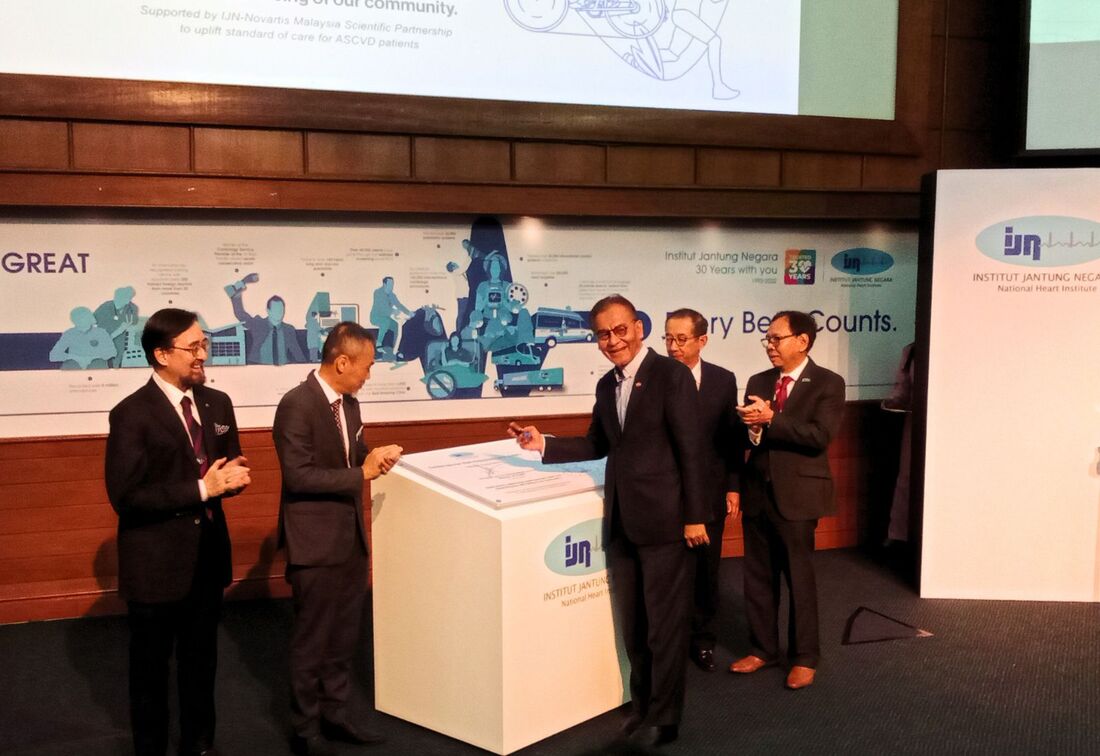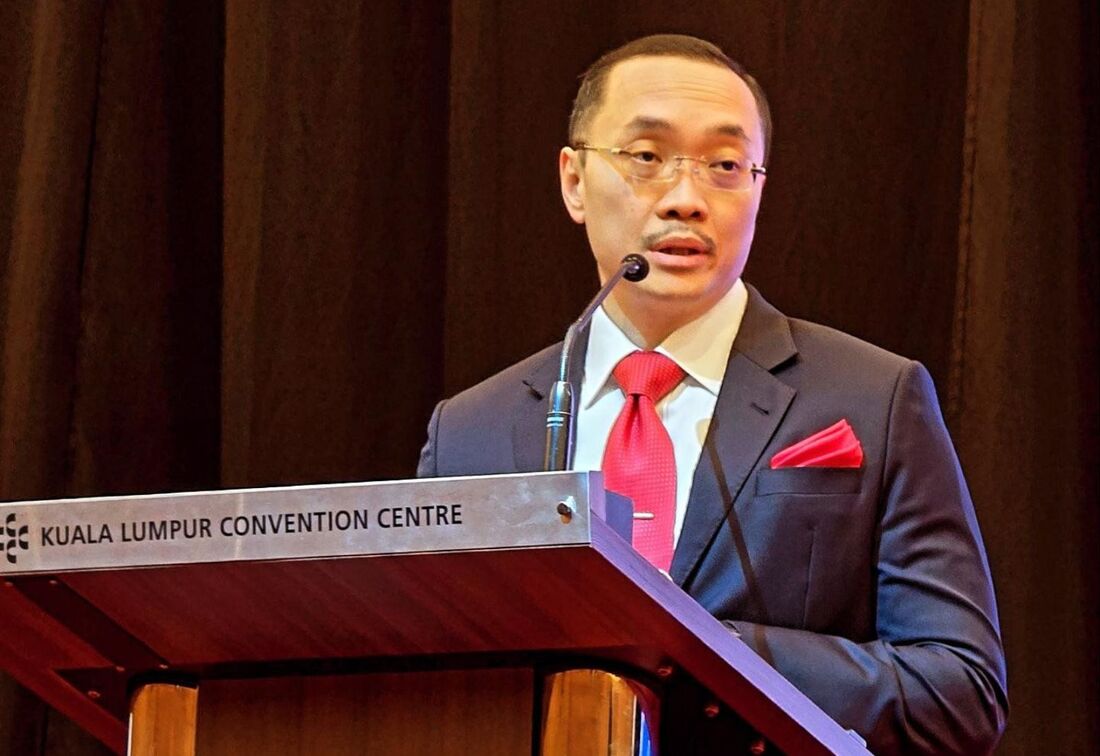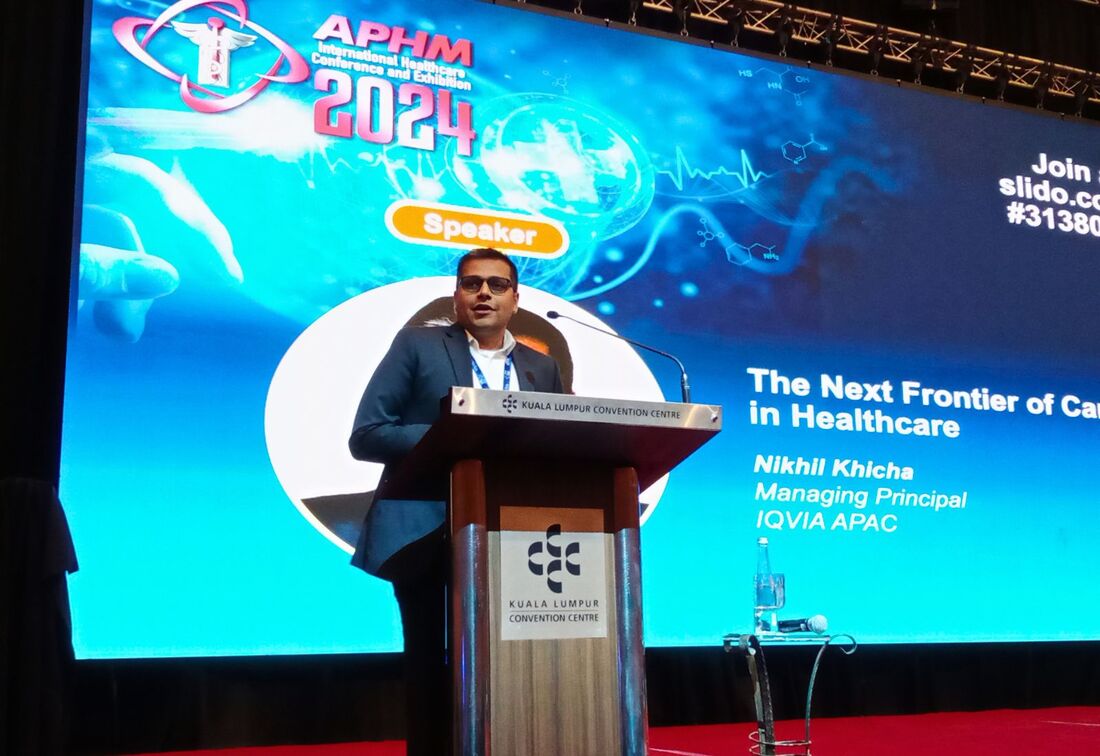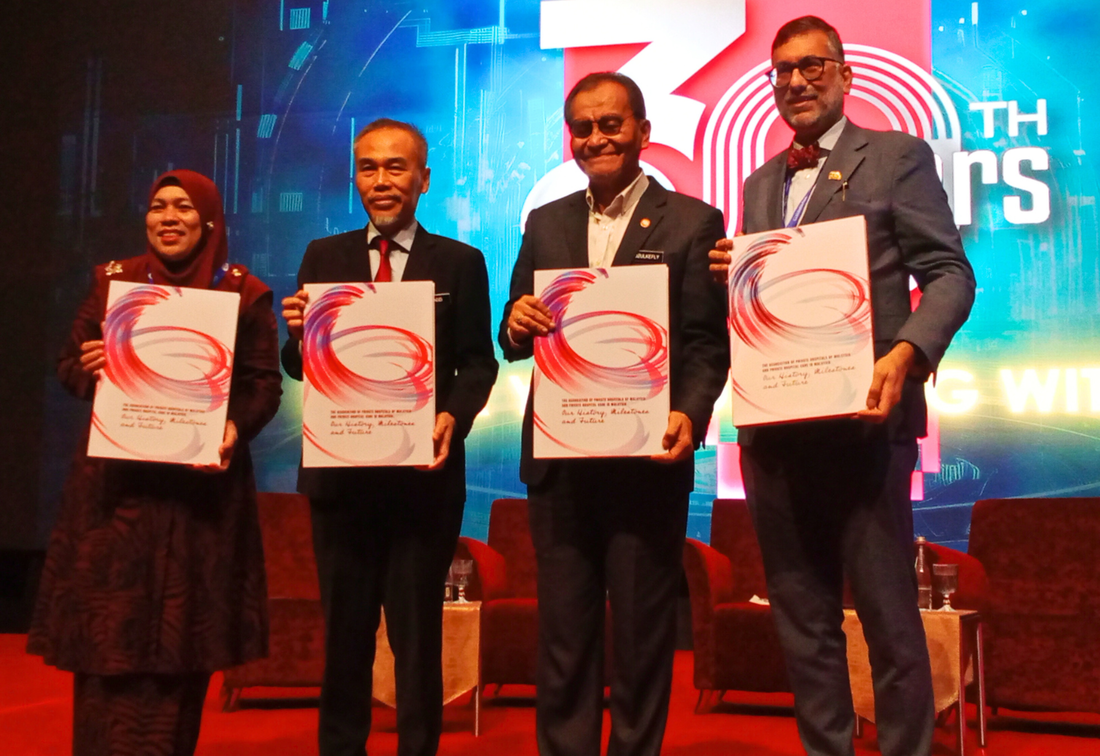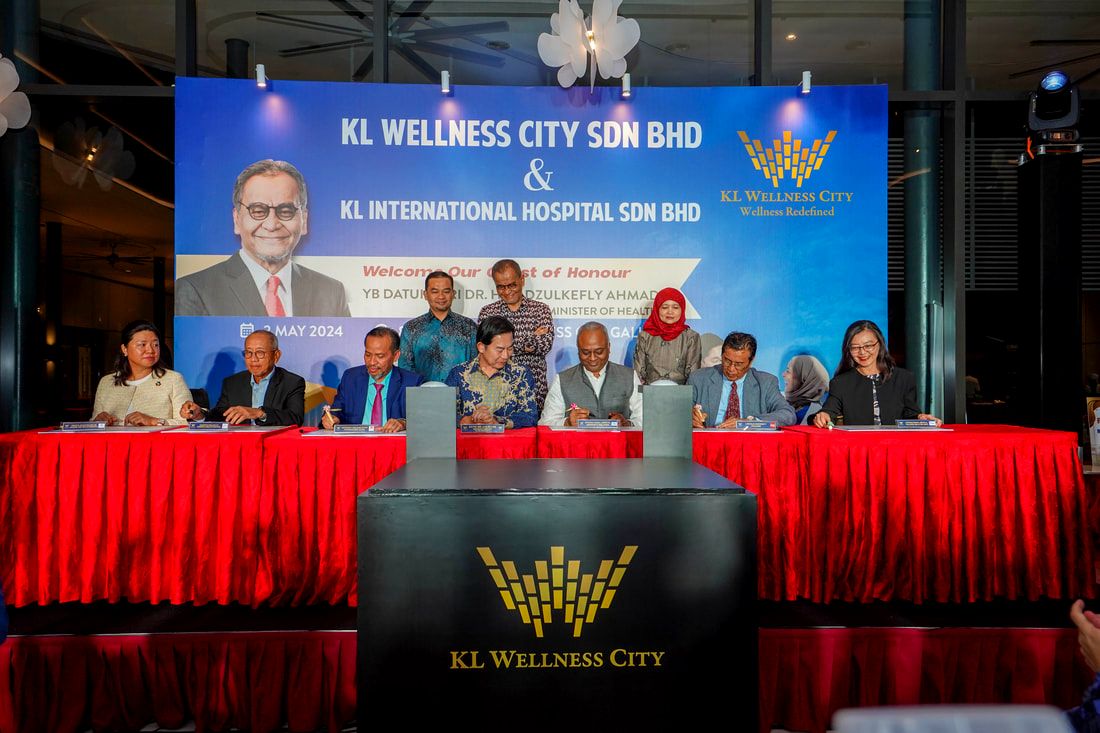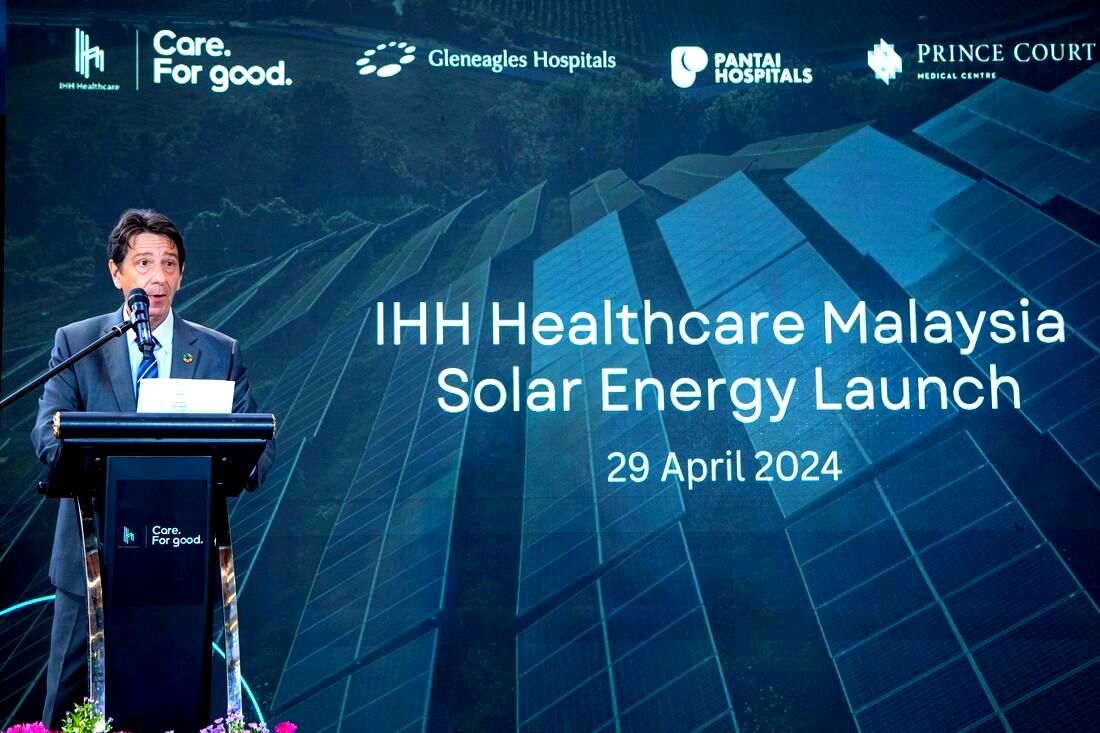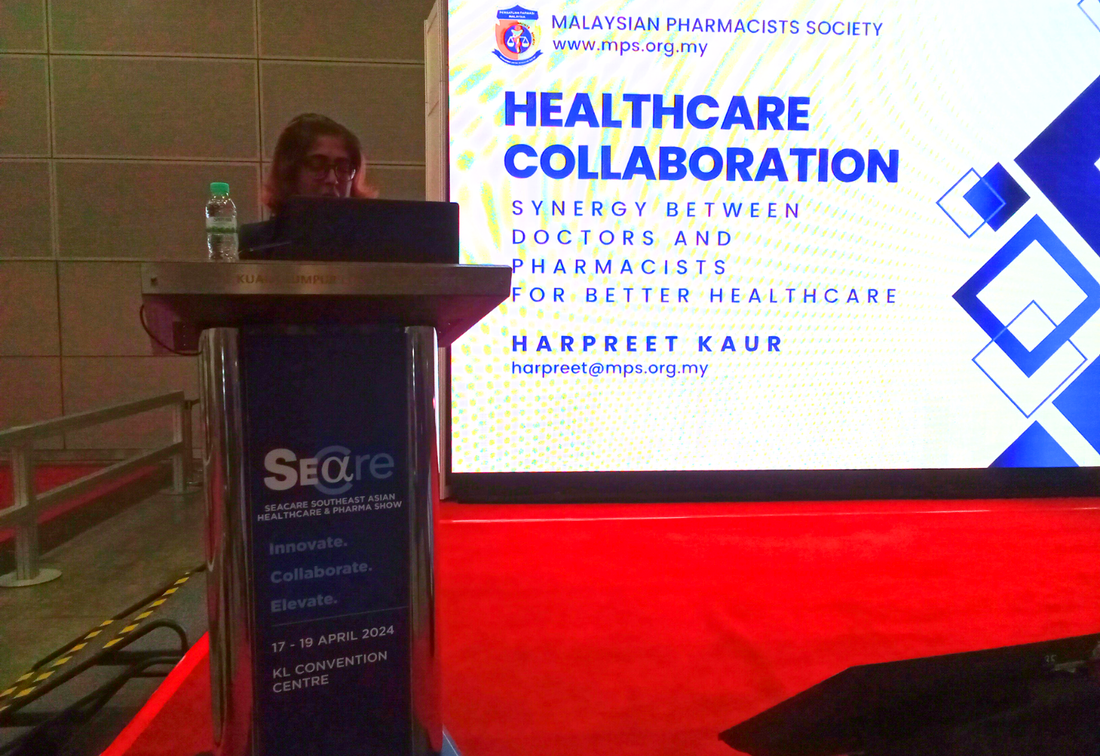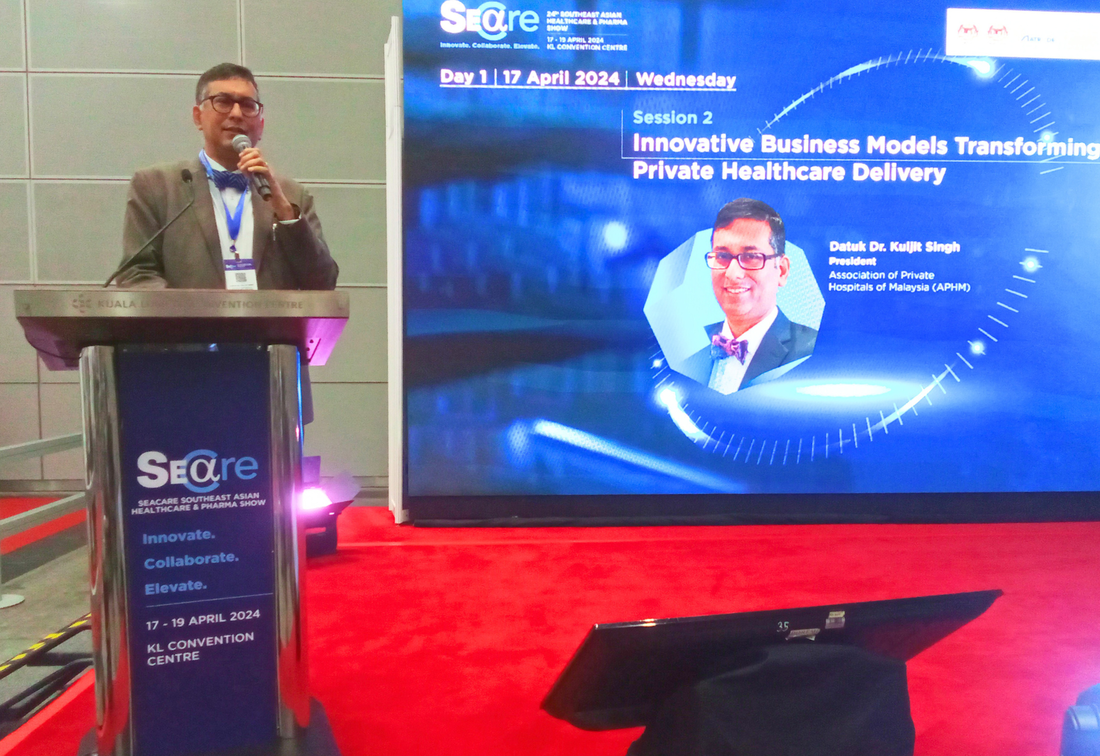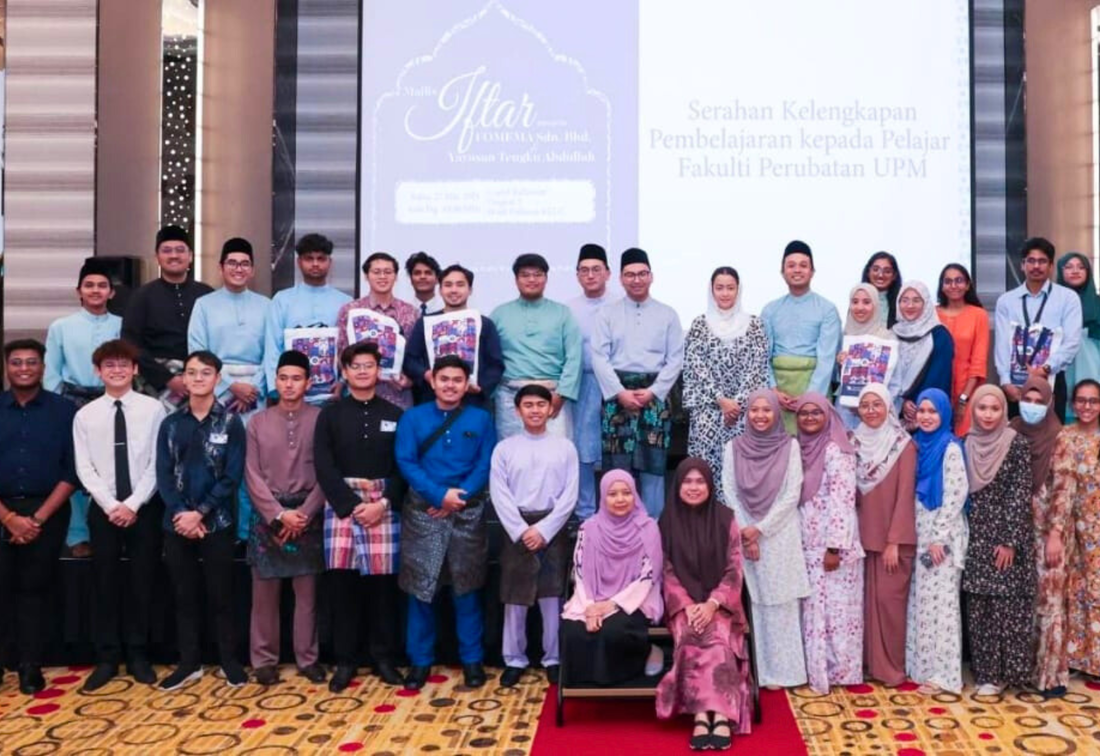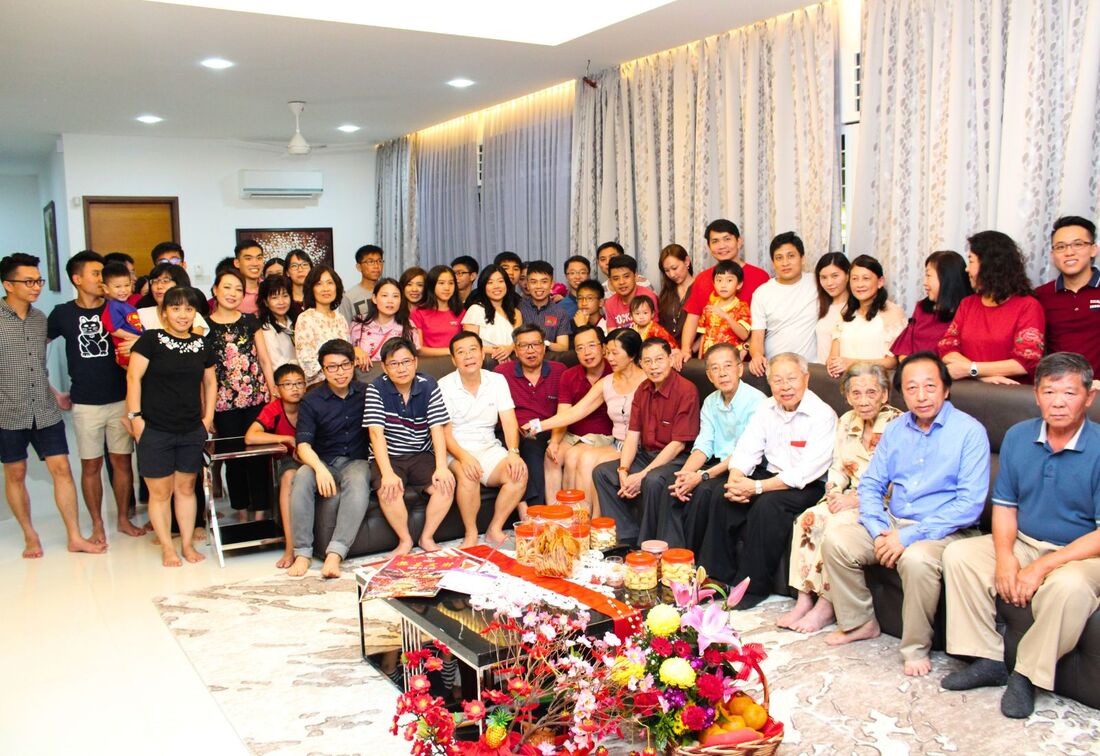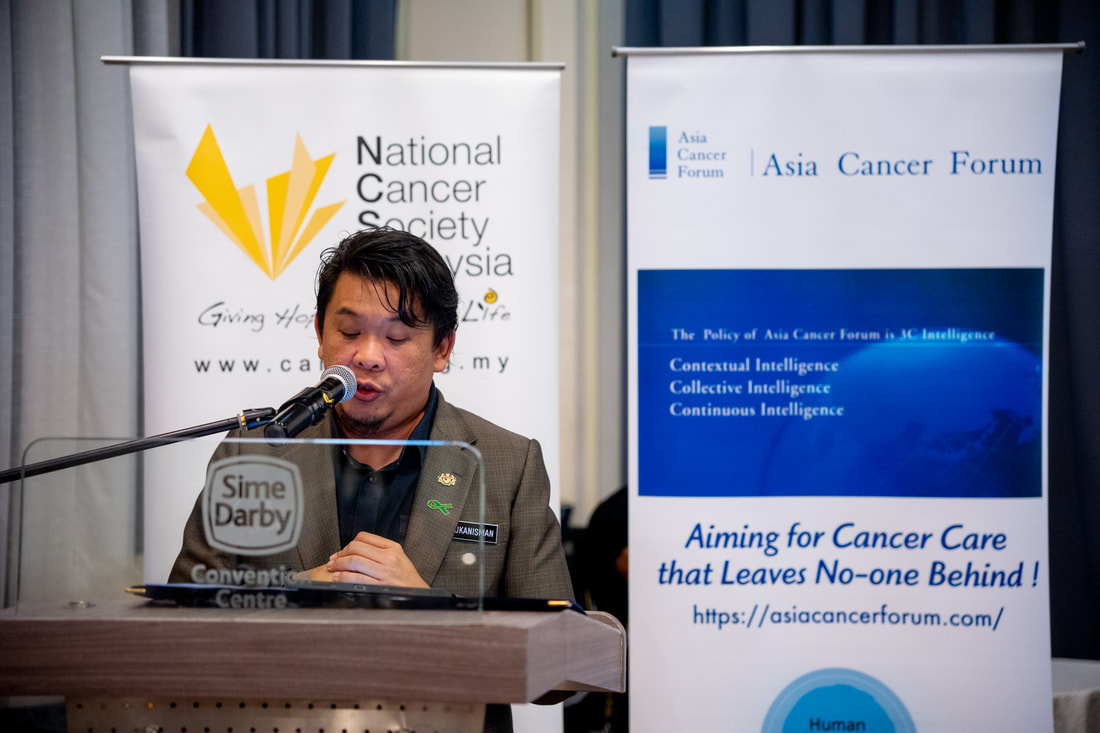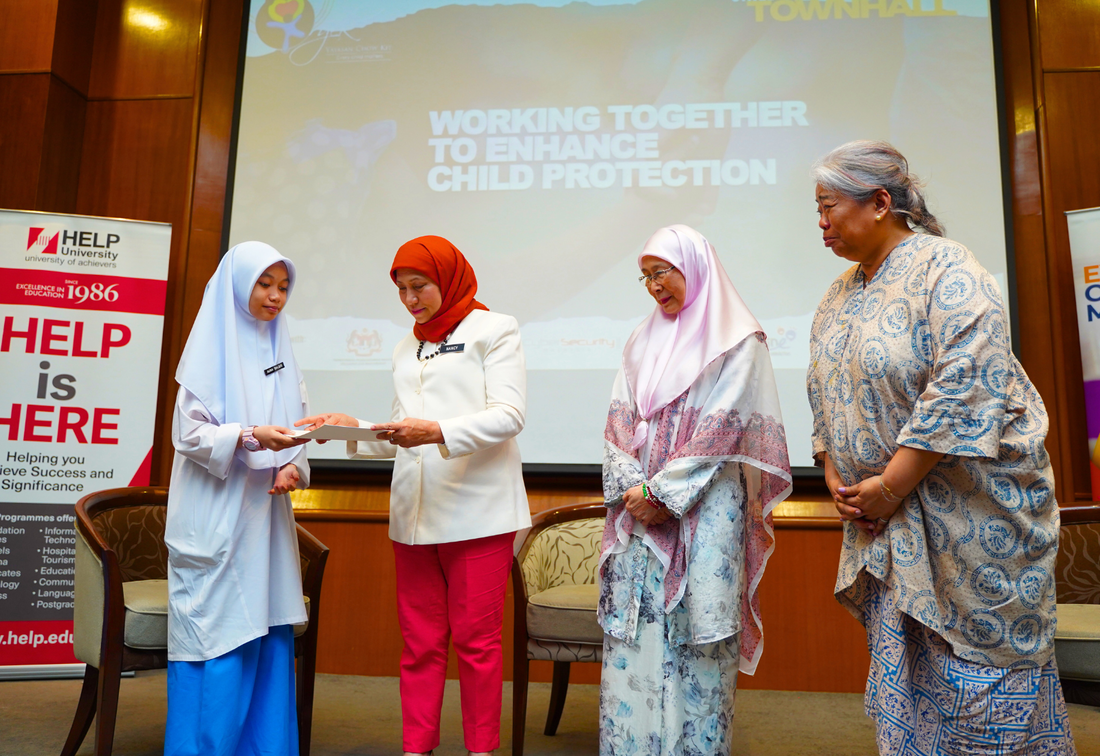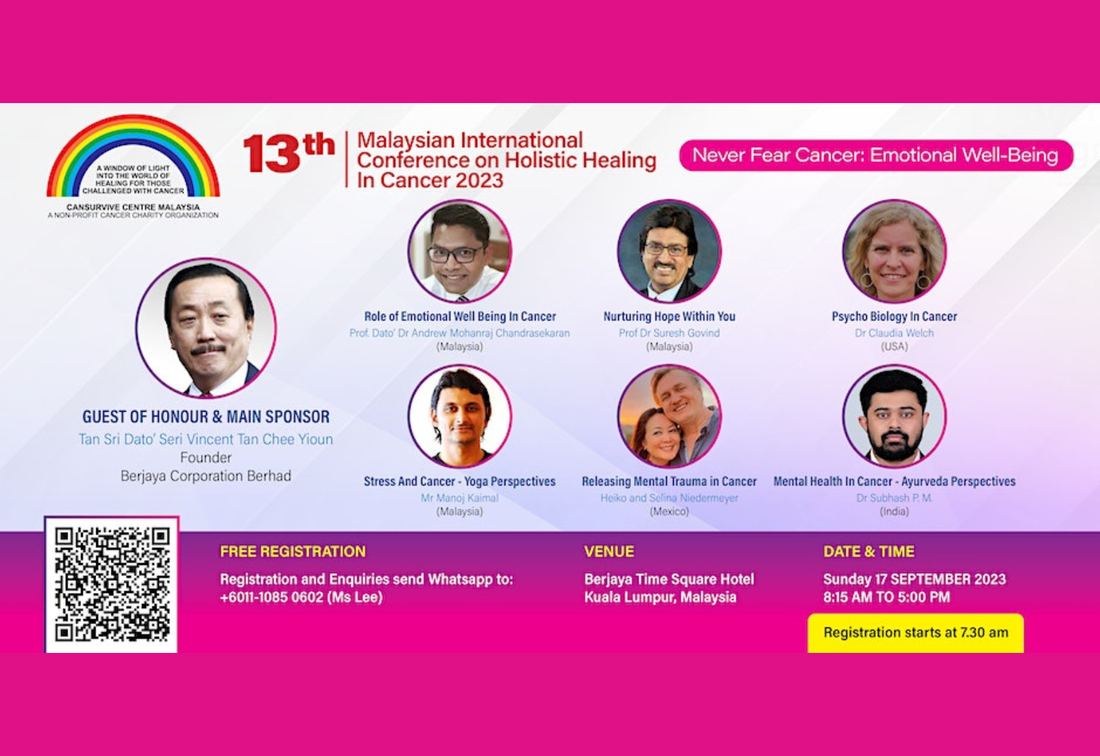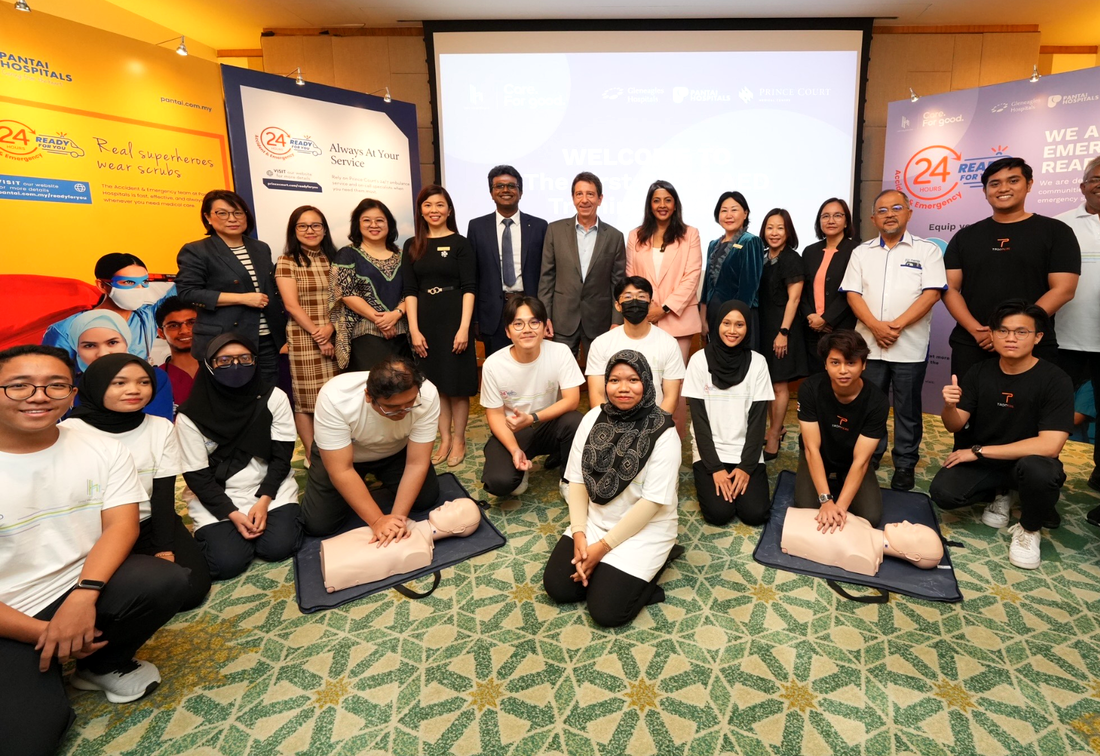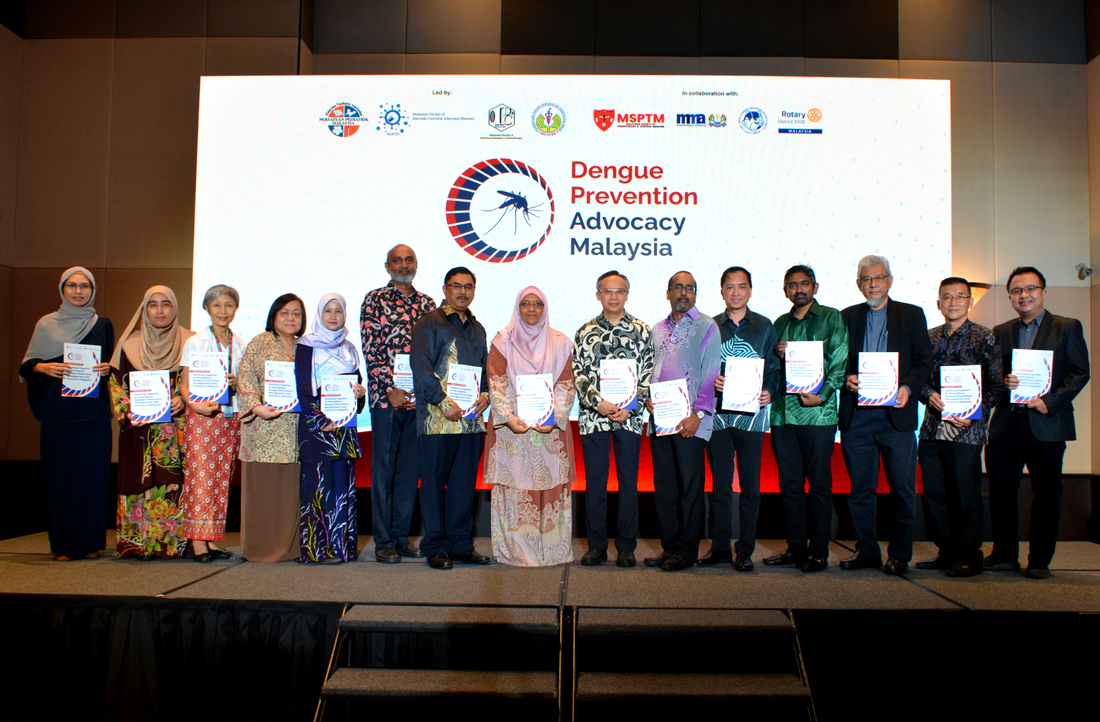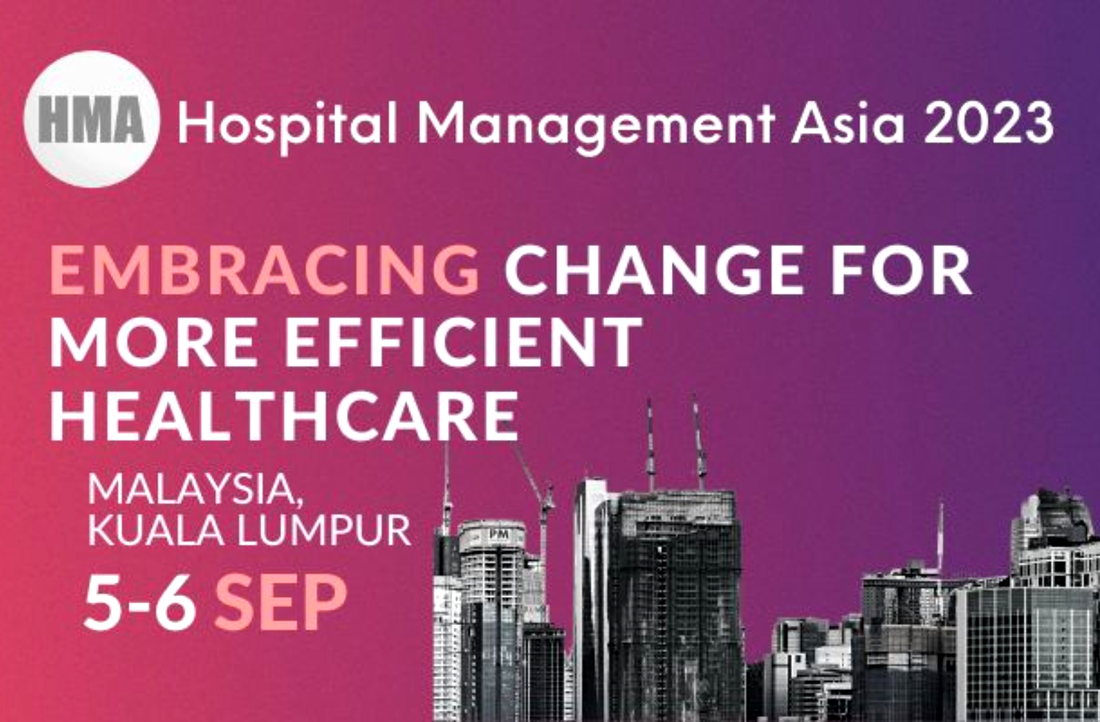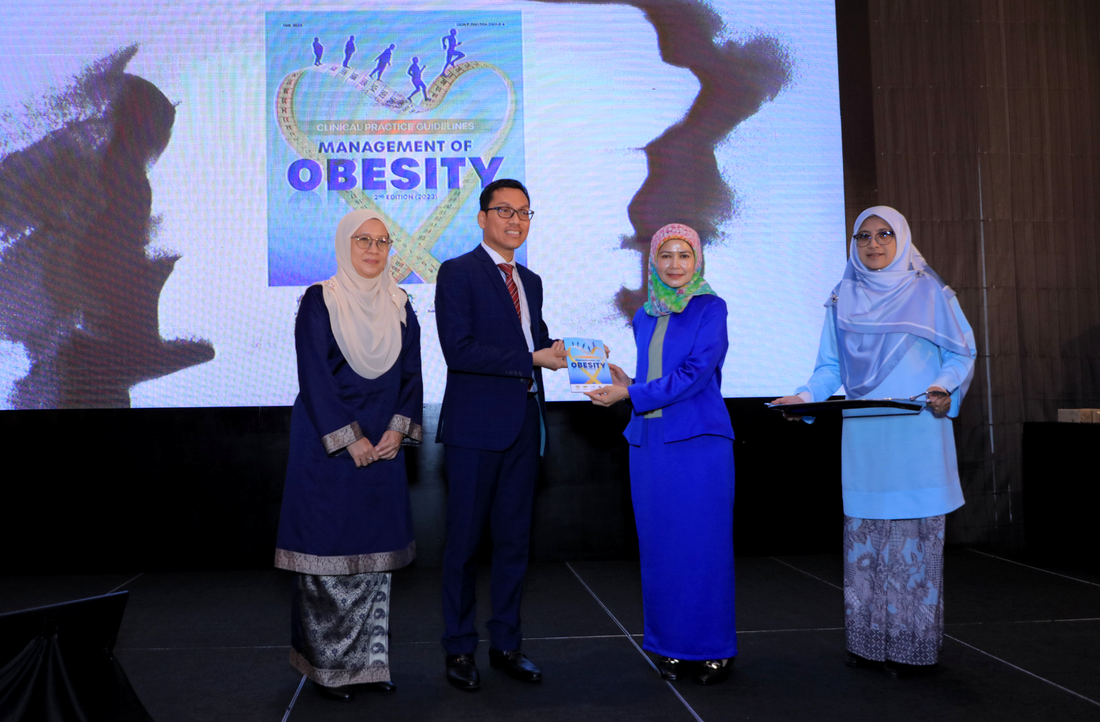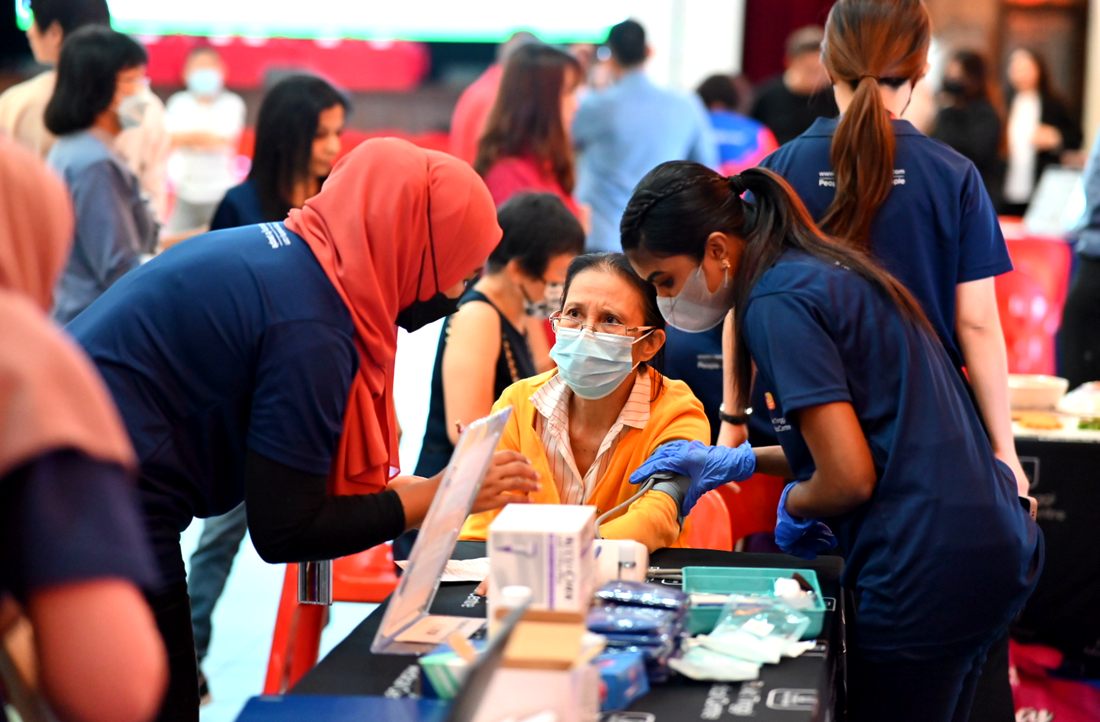Middlemen in private medical care: A detriment to patient care, says Dr Mohd Tajuddin ShafeeSeptember 25, 2023
In keeping with the objective to enhance private-public partnership in healthcare, the government should treasure and nurture the existing primary care system by private GPs nationwide. Up to 2010, private GPs had catered for 60% of the total outpatient care burden of the nation. Private GPs had been the main factor for reducing queues and waiting time in government facilities.
It is known that our GP system is among the most affordable and most accessible in the world. Studies from Ministry of Health itself, have clearly shown that the cost per visit per episode for private GP care have been shown to be lower than in government facilities. All this has changed with the entry of the middlemen, the Managed Care Organizations (MCOs) in the delivery of private primary care. Experience over the past 20 years have shown that the MCO's business model is that of cost containment is by “rationing of care”. It imposes rationing by using broad exclusion clauses and limits access to choice so as to increase their profit margin, much to the detriment of the patient. In addition, the GPs as well as specialists are often not paid in full months and sometimes years later. Over the years, GPs have to face losses when some MCOs close down or are sold away, leaving behind millions of ringgit of unpaid medical bills owned to doctors. In simple terms, for the patient to see a doctor he has to go through an appointed middle men and for a doctor to see a patient, he has to go through a middlemen as well. In the process, a fee is extracted from each party either in the form of co-payment, management or registration fee and hefty joining fees for the doctor. The access, choice and pre-approval guarantee letters for patient referral to specialists is determined by fine-print provisions in the master contracts between the middlemen and employers which are not revealed to the doctor or the patient. The middlemen has the inherent right to approve or disapprove the payment for care much to the distress of the patient and the doctor. The employer pays the middlemen in full, but the employee (i.e the patient) gets shortchanged and ends up getting less care for the money. The government should immediately enact regulations to protect the patient from the middlemen. The draft proposal of this regulations were first submitted to the ministry as far back as 2006. The patients and their doctors have been waiting for these regulations for more than 17 years. It is only fair to ask where is the political will to protect the sick rakyat from the crutches of these middle men. |
EXPLORE FURTHER
Ministry of Health ramps up mpox surveillance following WHO's renewed global health alertCan rapid containment measures from COVID-19 success help curb the spread of mpox?
|
National Heart Institute (IJN) expands Cardiovascular Risk Reduction Clinic (CRRC)Patient-based clinical community model aims to create a scalable approach
|
Public-private partnerships in healthcare: Malaysia's future trends and modelsAddressing pandemic preparedness, medical equipment leasing, research commercialization and transparent drug policies
|
The next frontier of care delivery in healthcareTackling overflowing hospitals, elderly care demands, and digital innovations to shape the future of patient care
|
Advancing healthcare: Association of Private Hospitals Malaysia (APHM)'s milestone and future directionsAddressing the nurse shortage in healthcare: A call for extended amnesty and systemic reform
|
KL Wellness City allocates RM25 million to combat nursing shortageGuaranteed five years of employment
|
IHH Healthcare Malaysia champions solar power adoption across its entire hospital network17 hospitals in the network will shift to solar energy by 2025
|
Harnessing synergy for enhanced healthcare delivery: Vital collaboration between doctors and pharmacists |
Innovative business models revolutionizing private healthcare deliveryExploring healthcare opportunities: Six areas for startup involvement
|
Southeast Asian Healthcare & Pharma Show (SEACARE) draws strong participation, highlights industry advancementsPartnerships drive 30 million ringgit in potential sales
|
FOMEMA pledges RM300,000 towards vulnerable communities during RamadanRecent iftar events unite 4 charity homes and 51 students
|
Healthcare tourism: Malaysia's ascension in the global arenaHealthcare hub with USD 54.39B growth
|
The Lim dynasty: Nurturing 46 doctors across generations in PenangA journey of sacrifice, determination and medical triumph
|
Navigating monsoon season: Health impacts and safety precautionsReflecting on the impact of Taman Sri Muda floods
|
SEACARE 2024: A Gateway to Southeast Asia's healthcare and pharmaceutical industryUniting global industry players for growth and collaboration
|
National Cancer Society Malaysia (NCSM) launches digital libraryFirst cancer digital library in four languages
|
Yayasan Chow Kit leads discourse on child protection onlineDriving policy change and advocacy, collaborating to shield children from abuse and exploitation.
|
Join the healthcare revolution at Future Healthcare Asia 2024Explore the latest innovations and strategies that are redefining healthcare
|



